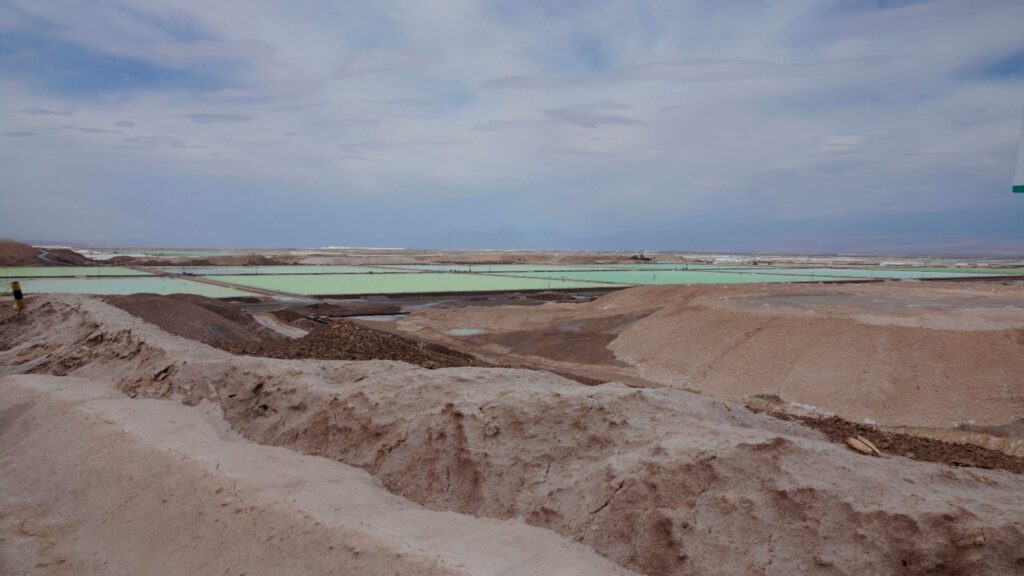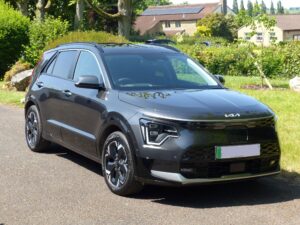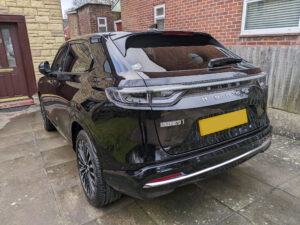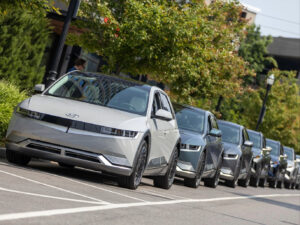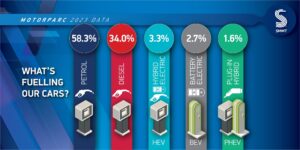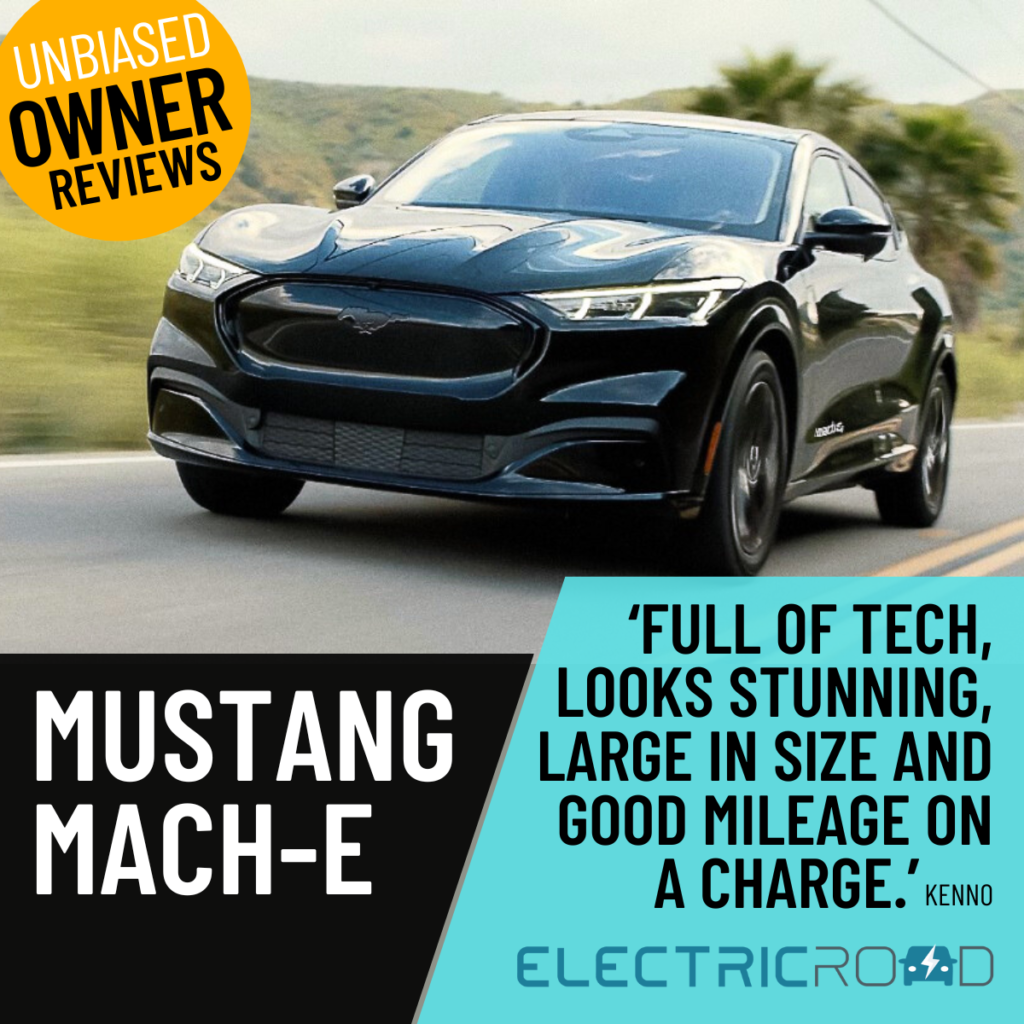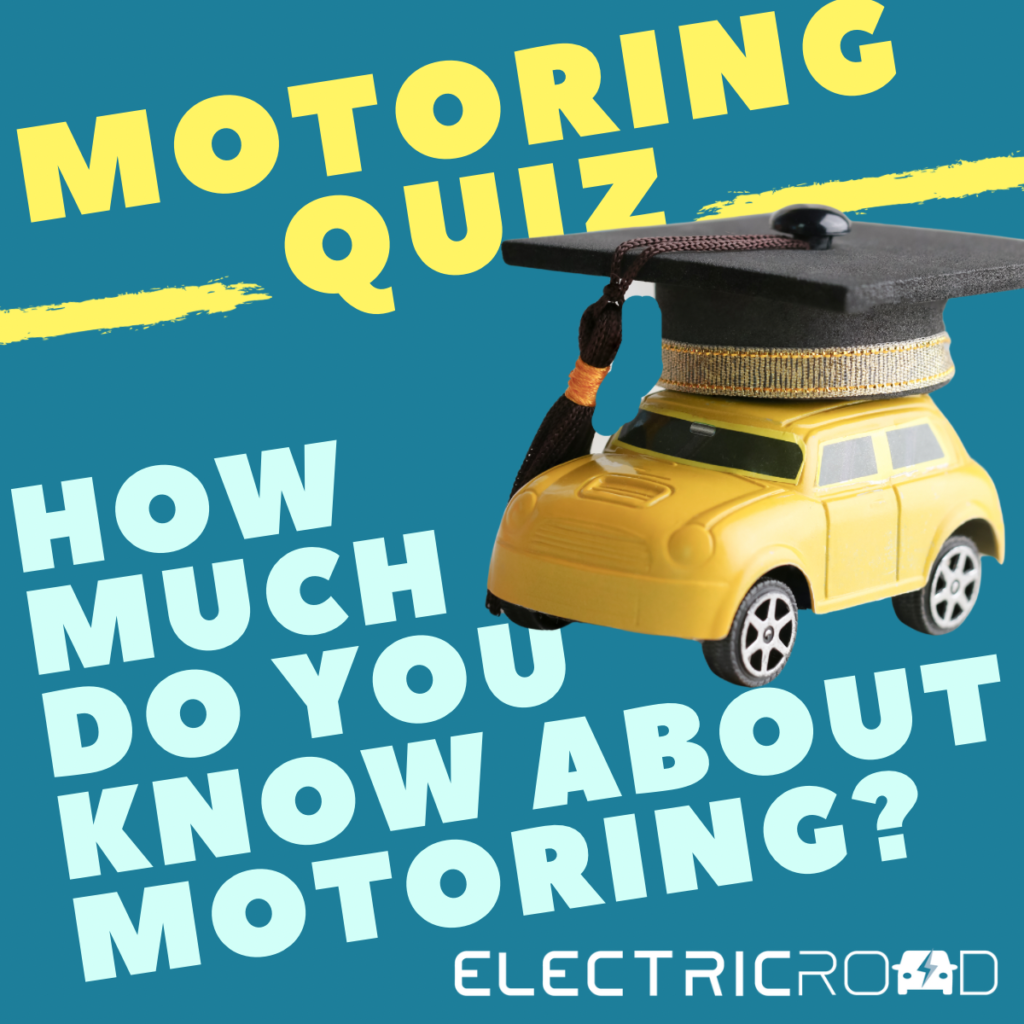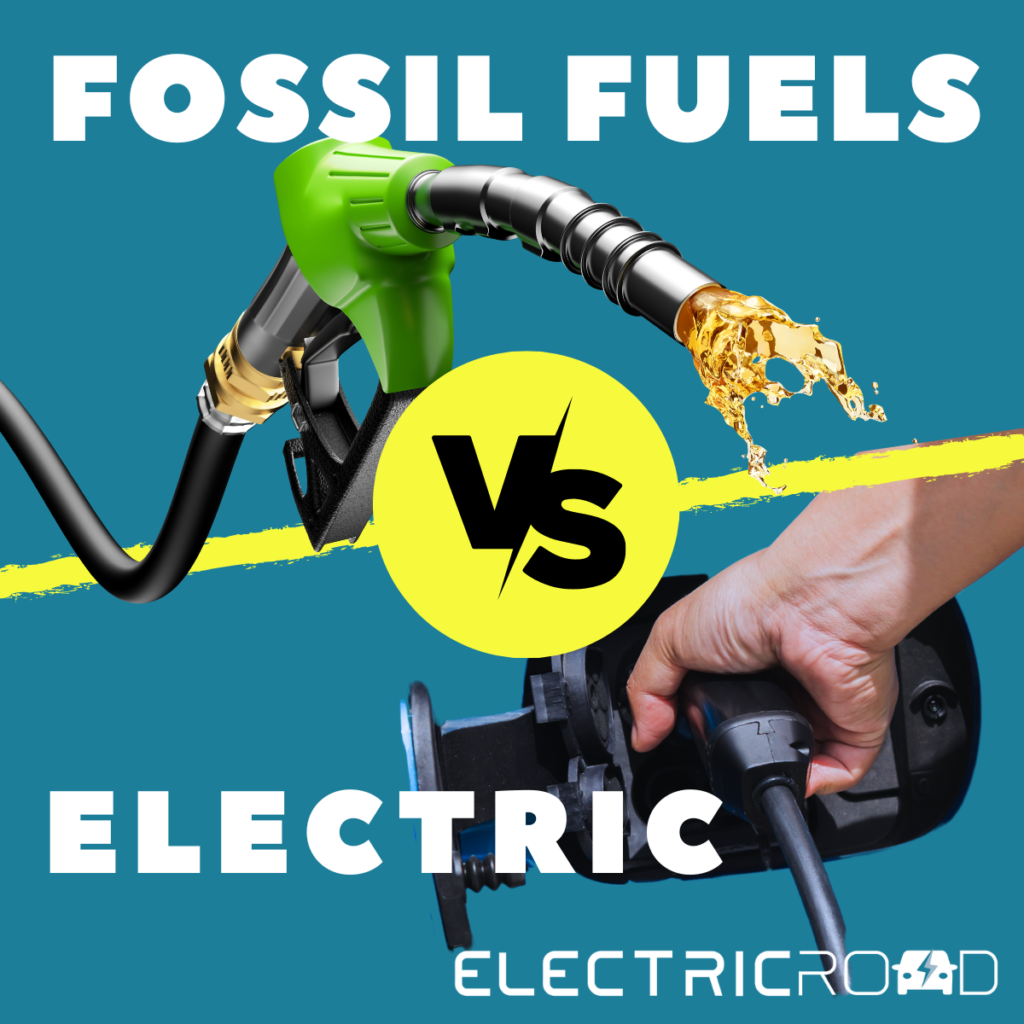The Volkswagen Group, BASF, Daimler AG and Fairphone have initiated a ‘Responsible Lithium Partnership’ aiming to work towards responsible natural resource management, including lithium, in Chile’s Salar de Atacama. This cross-industry partnership is funded at its inception by Volkswagen Group, BASF, Daimler AG, and Fairphone. The partnership intends to foster a dialogue among local stakeholders, generating scientific facts and seeking solutions.
Due to the expansion of e-mobility and digitization, the demand for lithium as a key material in batteries is expected to grow in the next few years. The world’s largest lithium reserves and large parts of the total production are located in Salar de Atacama. The region’s ecosystem is fragile and there is a lack of consensus regarding the impact and risks of lithium mining and other economic activity in the region. Potential risks derived from water and brine table shifts could potentially harm the ecosystems and affect local livelihoods. Addressing such water-related risks effectively requires the collaboration of all stakeholders.
The Deutsche Gesellschaft fur Internationale Zusammenarbeit (GIZ) GmbH, commissioned by the companies will coordinate the partnership seeking common ground by building a multi-stakeholder platform among all relevant parties in the Salar watershed, ranging from civil society groups including indigenous communities, government institutions, mining companies and beyond.
Get our FREE ‘GUIDE TO THE BEST EVs’ e-mailed directly to your inbox
The platform aims to facilitate a common understanding of the status quo and jointly develop a shared vision for the future of the Salar de Atacama watershed. In addition, it intends to develop a joint action plan to improve long-term natural resource management and implement the first steps.
Another aim is to synthesize and verify available technical data, improve on it if necessary and increase accessibility. The ‘Responsible Lithium Partnership’ began in Spring 2021, with a planned duration of two and a half years. It does not intend to facilitate the sourcing of lithium nor the purchase or selling of any raw mineral.
The financing companies BASF, Daimler AG, Fairphone, and Volkswagen Group are aware of their responsibility along the entire supply chain, including their human rights due diligence for raw material sourcing and production. They have therefore, initiated the ‘Responsible Lithium Partnership’ to promote sustainable development, contribute to the reduction of potential negative impacts and strengthen the protection of human rights.
The partnership is part of Volkswagen’s human rights due diligence in raw material supply chains. All these activities can be found in Volkswagen Group’s first ‘Responsible Raw Materials Report’ 2020 (https://www.volkswagenag.com/de/sustainability/sustainability-in-the- supply-chain.html). The report gives an overview of the company’s activities in 2020 in the area of responsible raw material sourcing. It was drafted based on the OECD guideline.
About the Volkswagen Group
Based in Wolfsburg, Germany, the Volkswagen Group is one of the world’s leading automotive manufacturers, and the largest car maker in Europe. The Group comprises twelve brands from seven European countries: Volkswagen Passenger Cars, Audi, SEAT, ŠKODA, Bentley, Bugatti, Lamborghini, Porsche, Ducati, Volkswagen Commercial Vehicles, Scania and MAN. The passenger car portfolio ranges from small cars all the way to luxury-class vehicles. Ducati offers motorcycles. In the light and heavy commercial vehicles sector, the products range from pick-ups to buses and heavy trucks. Every weekday, 671,205 employees around the globe produce on average 44,567 vehicles, are involved in vehicle-related services or work in other areas of business. The Volkswagen Group sells its vehicles in 153 countries. In 2019, the total number of vehicles delivered to customers by the Group globally was 10.97 million (2018:10.83 million). The passenger car global market share was 12.9 percent. Group sales revenue in 2019 totalled EUR 252.6 billion (2018: EUR 236 billion). Earnings after tax in the fiscal year now ended amounted to EUR 14.0 billion (2018: EUR 12.2 billion).


